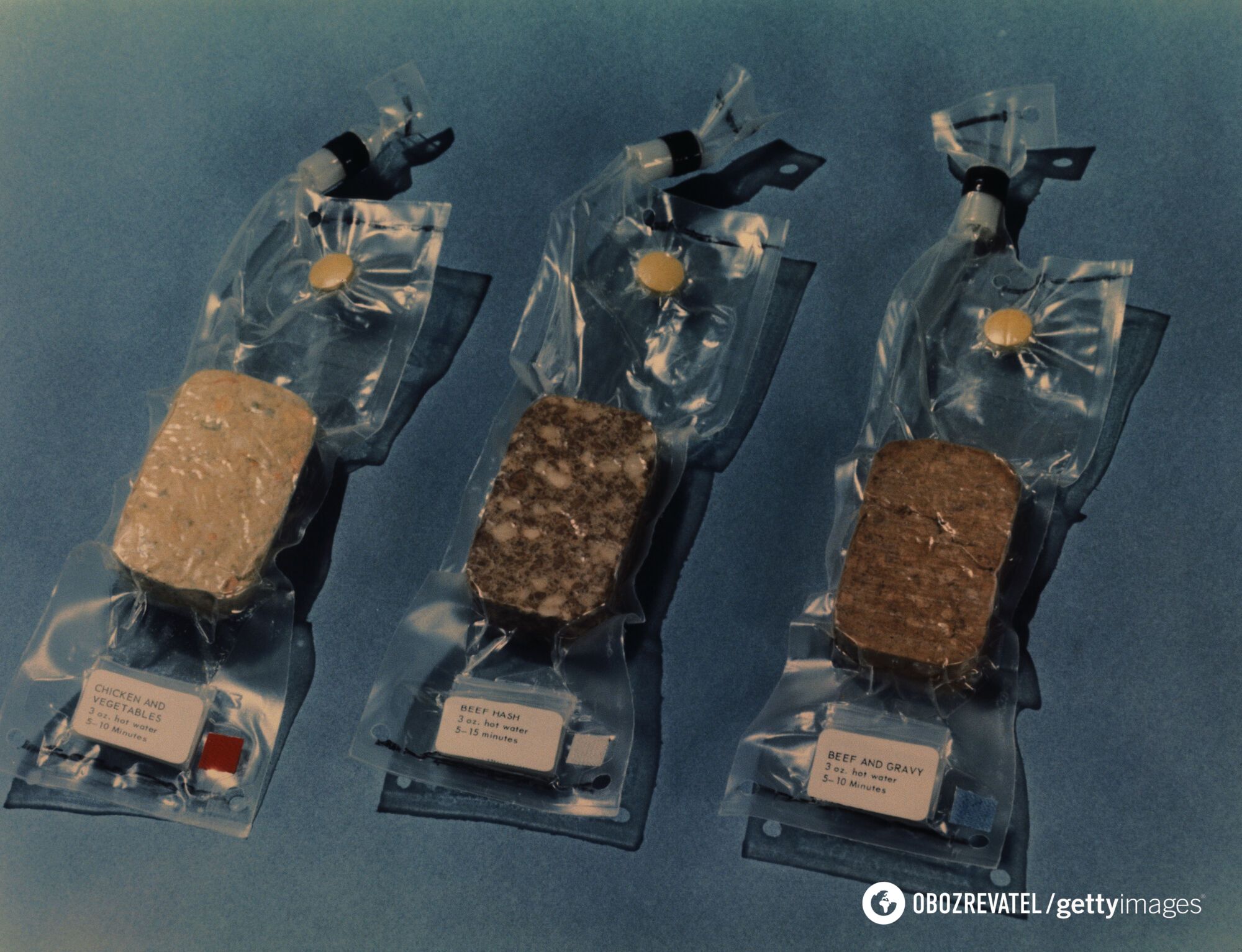News
Scientists finally explain why food in space tastes amazing
The consequences of astronauts being in space can be quite different. They range from danger to trivial discomfort, but there is another fact - simply not tasty food.
This strange phenomenon can be a serious enough problem that some astronauts struggle to get enough food. This prompted a team of food scientists from Australia and the Netherlands to investigate potential causes, Science Alert writes.
According to the latest study, the answer to the question "why food in space tastes amazing" may lie in the fact that astronauts are isolated and uncomfortable rather than being in orbit.
Previous research has suggested that this problem may arise from fluid changes, the effects of weightlessness on how internal body fluids are distributed, causing facial swelling that subsides as the body adapts to the new environment.
However, some astronauts reported that their eating problems persisted even after the effects of the fluid change wore off. So food scientist Grace Locke of RMIT University in Australia and her colleagues focused on how a person's environment and mental state can influence their perception of flavors, which has a big impact on the appeal of food.
The results suggest that at least some flavors are perceived differently in different environments - though not in the way the researchers expected.
"One of the long-term goals of the study is to create better food matching for astronauts, as well as others who are in isolated environments, to increase their food intake closer to 100 percent," said senior author Julia Lowe, a sensory and eating behavior researcher at RMIT.
For the study, the team of scientists placed participants in a virtual reality environment created to simulate being on the International Space Station (ISS). This VR environment included floating objects to simulate microgravity, as well as "a mounted spacecraft to induce a sense of clutter and confinement," and background noise that mimicked the loud work sounds reported within the ISS.
The scientists provided participants with samples of three different odors: vanilla, almond, and lemon. They were asked to rate the intensity of each odor on a scale of 1 to 5 - first in a normal room and then in a simulated ISS environment.
Interestingly, participants reported that while the lemon odor remained the same in both environments, the other two odors seemed more intense in the simulated ISS. The researchers suspect that benzaldehyde, a volatile aromatic compound found in both almonds and vanilla, but not lemon, is a key factor in this.
While the study doesn't necessarily provide an answer to why astronauts' sense of taste and smell remain dulled after the fluid change is reduced, it does support the hypothesis that odor perception is context-dependent.
In addition, this study points to possible ways to mitigate the problem. According to the authors, certain volatile compounds that share common odor profiles (i.e., sweet) are more likely to be contextually influenced than others.
And if this is indeed the case, the discovery of compounds that retain their appeal in environments such as the ISS, or even become more appealing, could influence the development of astronaut diets.
Only verified information from us in Telegram-channel OBOZ.UA and Viber . Do not fall for fakes!




























